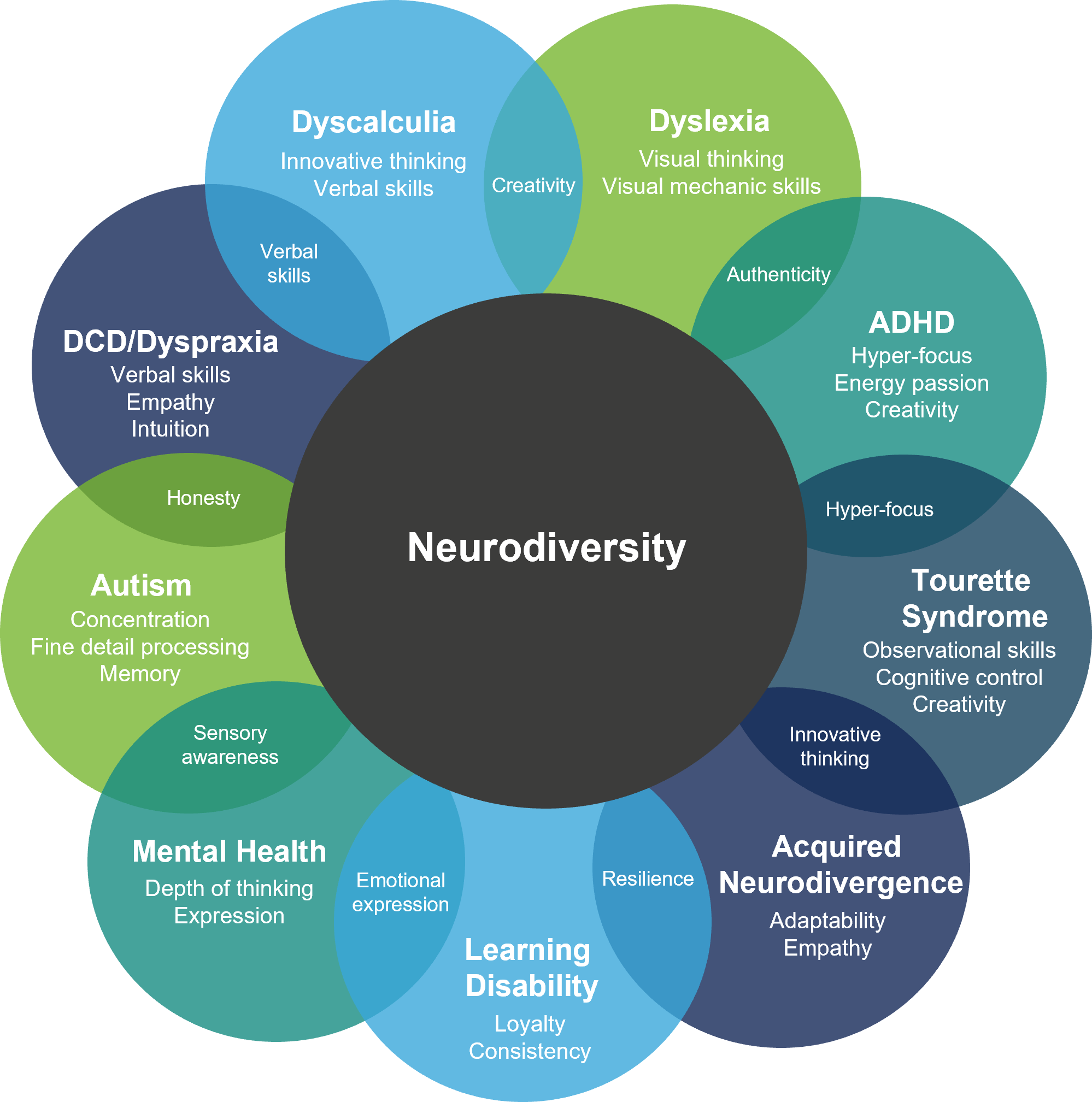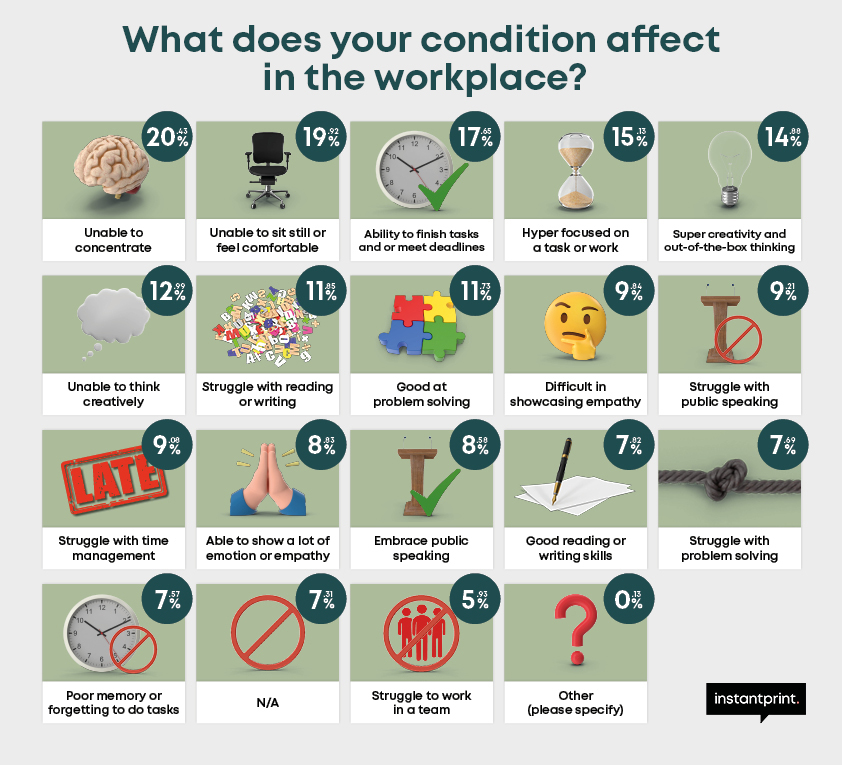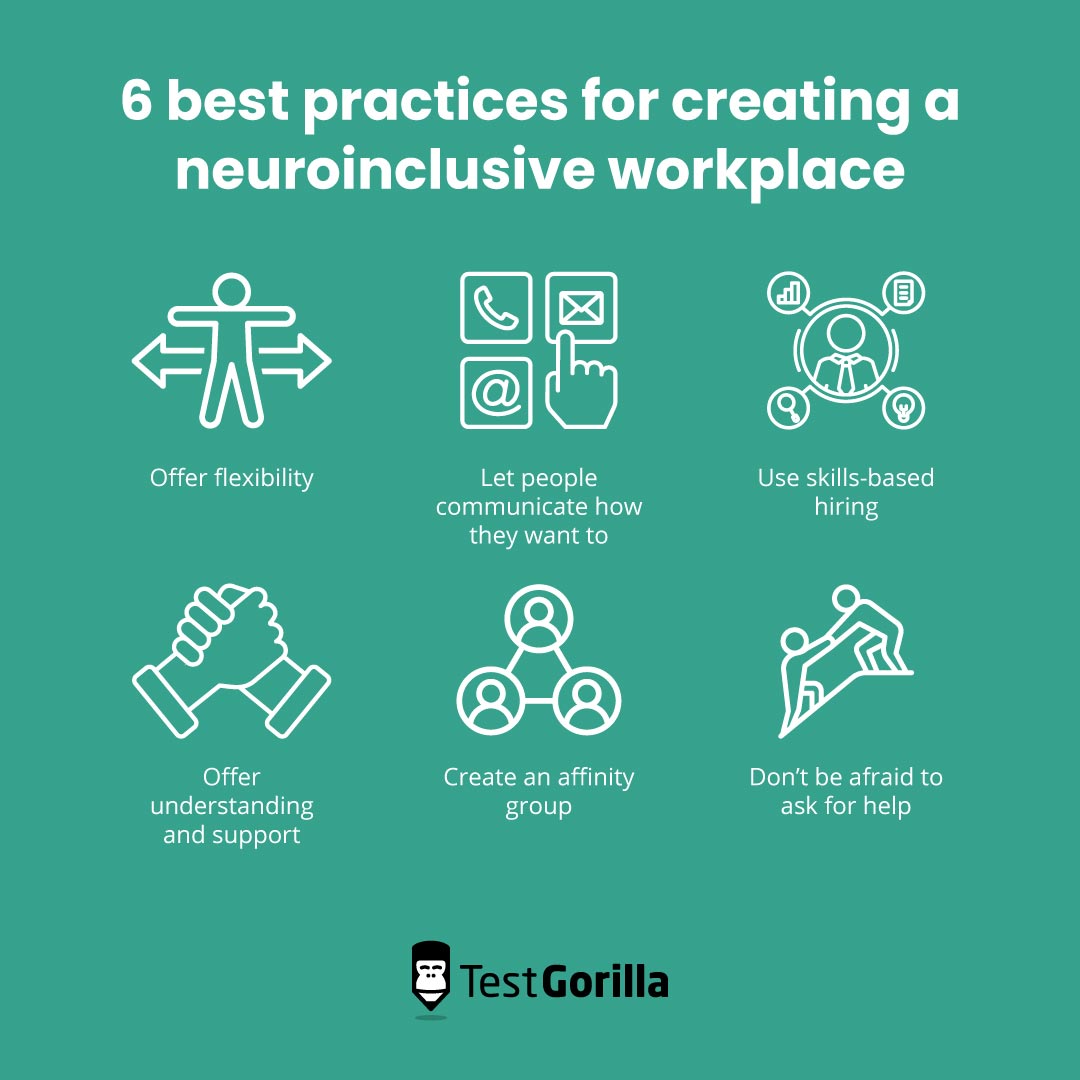Why We Need to Build Safe Spaces at Work

Neurodiversity at Work Matters. Here’s How to Support It.
It is 2025. The world is embracing AI. Jobs are changing faster than ever. Yet in many Indian workplaces, one conversation still feels like a whisper — neurodiversity.
Autistic professionals, those with ADHD, dyslexia, or other neurodivergent traits — they exist in every office, every Zoom call, every Monday morning team meeting. But rarely do their needs, strengths or perspectives make it to the boardroom table.
This isn’t just a DEI checkbox issue. It’s a talent, innovation and humanity issue.
Here is why we need more neurodivergent voices at work — and how we can build spaces where they do more than survive. They thrive.
The Workplace Is Built for Sameness
Let’s be honest. Most hiring processes are designed around social fluency, eye contact, and the ability to “fit in.” Most onboarding programs assume that everyone learns the same way. And most meetings reward the loudest voice in the room.
This isn’t inclusion. It’s assimilation.
Neurodivergent professionals often have to mask, over-perform, or completely burn out just to meet neurotypical expectations — not because they lack potential, but because the system isn’t designed for them.
Neurodiversity Is Not a Liability. It’s an Asset.
Data shows it. Experience proves it.
Neurodivergent minds bring unique strengths: pattern recognition, hyperfocus, deep creativity, innovative problem-solving, and the ability to see systems and structures others miss.
Some of the world’s most successful entrepreneurs, scientists, designers and coders identify as neurodivergent. But in a world that still treats difference as difficulty, their success stories are treated as exceptions — not evidence.
Inclusion is not just about being “nice.” It is about recognising that different brains bring different brilliance.
So What Needs to Change?
If companies actually want to support neurodivergent professionals, it cannot stop at awareness campaigns during Autism Acceptance Month. It needs to be baked into the DNA of how we work.
Rethink Recruitment
Ditch the one-size-fits-all interview. Offer alternatives like skill assessments, trial projects, or conversations in comfortable settings. Give people a chance to show how they think, not just how they talk.
Offer Workplace Accommodations — Without the Guilt Trip
Flexible working hours. Quiet zones. Written instructions. Clear task breakdowns. These are not “special treatment.” They are small changes that can unlock huge potential.
Normalise Neurodivergence at Work
Representation matters. So does language. So do role models. Hire neurodivergent leaders. Bring in experts to educate your team. Make inclusion a norm — not an HR workshop.
Prioritise Psychological Safety
This is not just about policies. It is about culture. Do your employees feel safe to say “I need a moment” or “This feedback style doesn’t work for me”? Do managers know how to respond with empathy instead of assumptions?
Creating Safe Spaces Is Everyone’s Job
It is not on neurodivergent professionals to constantly self-advocate, educate and “adjust.”
It is on all of us — managers, peers, founders, HR teams — to make workplaces where differences are celebrated, not hidden.
Want to go beyond performative allyship? Build structures that support neurodivergent talent and let them lead from the front, not from the margins.
Because the future of work isn’t just diverse. It’s neurodiverse.











